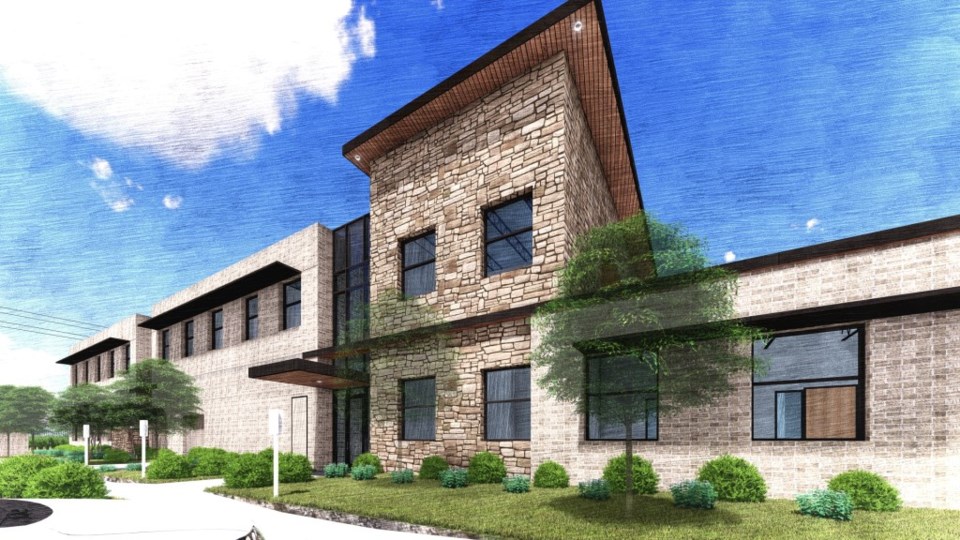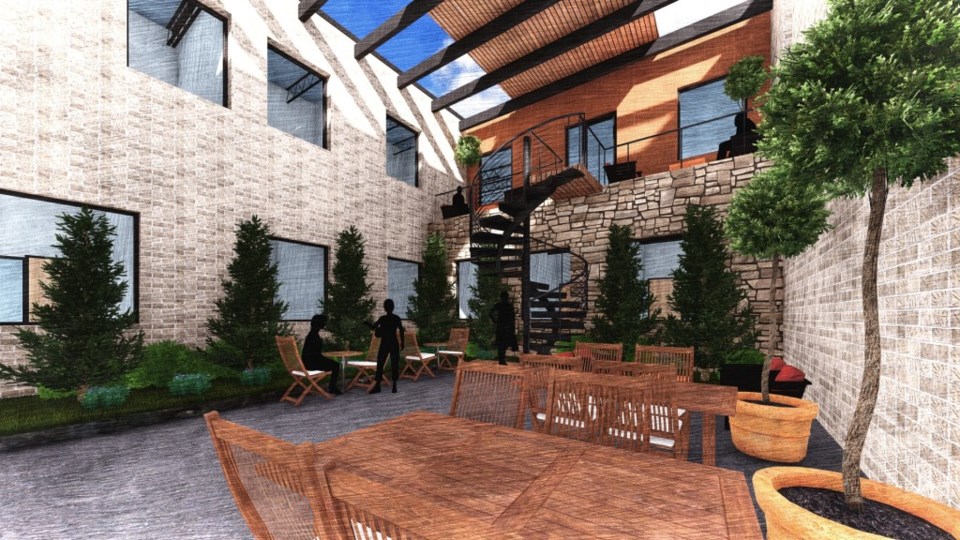With Collin County’s population expected to triple in the next three decades, the needs of children experiencing abuse is also expected to continue to rise.
To serve these children, the Children’s Advocacy Center of Collin County located in Plano will be opening an additional full-service center in the northern part of the county.
More than $11 million has been raised for the second facility during a two-year capital campaign, which includes a gift of land in McKinney valued at $1 million. The new 40,000-square-foot advocacy center to be located at Heritage Drive and Harroun Avenue in McKinney will be named The Speese Campus in honor of the generous lead gift and long-term support of the center by Carolyn and Mark Speese.
Construction is planned to begin next summer and the facility is expected to be fully operational by fall 2022.
“I have been so inspired by the generosity of the Collin County community, and their belief in our mission,” Lynne McLean, the advocacy center’s CEO, said in a news release last week. “This new facility will help us ensure that no matter how large Collin County grows, no child is ever turned away, and every child has access to the full range of services they need to heal.”

The advocacy center, which has provided life-changing service since 1992 to children and families victimized by child abuse in Collin County, provided services to 3,936 clients last year.
Research has shown that by 2050, the population of Collin County is expected to surpass 3.8 million residents, three times the county’s current population. Advocacy center officials said they must be ready to serve 10,000 clients by 2050, and without action taken to increase capacity, the center would lose its ability to offer services to 100% of children experiencing abuse.
“Every day as we secure justice for these precious children, I see up close and personal the difference the Center makes in their lives,” Collin County District Attorney Greg Willis said in the release. “It is a safe place where traumatized, abused children learn how to deal with and heal from that trauma, while we seek justice on their behalf.”
Children’s Advocacy Center of Collin County is a nationally recognized nonprofit organization that brings experts such as CPS workers, social workers, a physician, detective, therapist, and family advocate together under one roof to ensure safety and justice for children.

Domestic abuse cases have become more dangerous during the COVID-19 pandemic, experts have said, as children find themselves missing mentors such as teachers, coaches and friends and secluded with parents who are facing economic struggles or have no place to watch their children as they work.
Center officials have said they expect an increase in reports as more students return to in-person classes.
Before businesses and schools began scaling back or shutting down in response to COVID-19, 615 cases of child abuse were reported in a month in Collin County in 2020, according to CAC statistics. By March, caseworkers began seeing 450 cases reported per month, a 27 percent decrease in the number of reports being made, officials said. The numbers of reports increase as more places open.
The biggest increase, officials have pointed out, has been seen in the number of forensic interviews, sessions conducted by a child advocacy professional and live-streamed simultaneously to a team of advocates so that the child doesn’t have to repeat their story to different agencies.
Last year, 17% of abuse cases involved children ages 0-5, 19% included ages 13-17, 25% ages 6-12, and 39% 18+ including adults and parents, according to the Child Advocacy Center’s annual report. Most cases involving infants include neglect, malnourishment, or abuse stemming from substance abuse by parents, officials said.
"The growing population in the northern part of the county has created not only and increase in services but also a need for better access to those services for people who live in cities like McKinney, Prosper, Celina, etc. without having to travel to southeast Plano," said Jamie Ginden, CCAC community relations director. "We are so excited about this expansion and how much it will benefit those children and families we serve."




